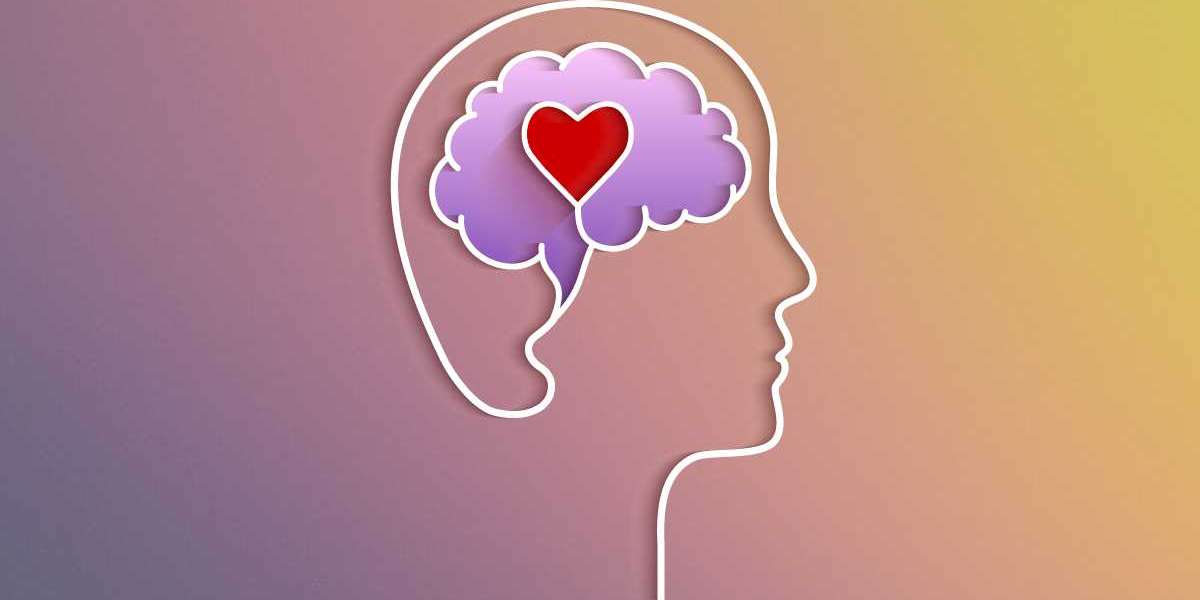Mental health is an important aspect of an individual's well being. It affects both the way individuals make decisions and the way they perceive and interact with people. However, there are some misconceptions about the topic. These misconceptions often lead to poor or incomplete understanding of mental health.
Depression
Depression is a condition that can impact on an individual's mental health in many ways. It is a depressive state that causes people to feel sad, tired, and sometimes hopeless. This condition may also cause a person to become isolated from others. Fortunately, it does not have to be.
If you or a loved one is suffering from depression, it is important to know that there are treatments available. The good news is that you can expect a gradual recovery.
In addition to treatment, it is also important to educate yourself about depression. You can learn how to recognize signs of depression, what to do, and how to seek help.
Several studies have found that education can help you close the gap between the symptoms of depression and the treatment that you may need. This may include discussing your situation with a friend or family member.
There are several different types of treatment, including psychotherapy, medications, and self-help. A doctor can be a primary care provider or a specialist in diagnosing and treating mental health conditions.
Schizophrenia
Schizophrenia is a severe mental illness that affects millions of people in the United States. It presents with multiple deficits in occupational, social, and personal functioning. These problems can prevent patients from maintaining their desired lifestyles and achieving optimal health.
There are a variety of treatments available. Medications can help reduce the symptoms of schizophrenia. In addition, a supportive family environment may increase functioning. Social interactions are important because they help prevent the symptoms from escalating.
The most reliable schizophrenia diagnosis comes from a combination of structured clinical interviews and a review of the patient's medical records. However, there are other assessments that can help provide insight into a person's condition and inform a treatment plan.
Several studies have demonstrated the importance of a good mental health assessment. These include comorbid substance use assessment, a developmental history, and the assessment of the benefits of a comprehensive treatment program.
One study identified five categories that are important to a psychiatric patient's health. These categories were also proven to predict treatment outcomes.
Generalized anxiety disorder (GAD)
Generalized anxiety disorder (GAD) can affect anyone at any age. It is characterized by persistent worry about a variety of things.
The symptoms of GAD can include excessive worrying, restlessness, difficulty sleeping, and physical signs like clenched muscles and sweating. Many people with GAD may be able to get relief by undergoing therapy or medication. Some treatments require continued use for a long time.
Symptoms are usually worse during times of stress. Other factors, such as changes in life or physical illness, can also make anxiety worse. If you are experiencing anxiety, it is a good idea to speak to your doctor. Your doctor will work with you to create a treatment plan that will help you control your symptoms.
Treatment for generalized anxiety disorder includes psychotherapy and medication. Both of these options can help you control your symptoms and increase your overall well-being.
Psychotherapy helps you change negative thinking habits and unhealthy emotions. This is a form of counseling that involves regular meetings with a licensed mental health professional.
Common misconceptions about mental health
One in five people in the United States has a mental health condition. Unfortunately, the majority of these individuals do not receive treatment. Stigma surrounding the condition keeps those with the illness from seeking help.
Mental health problems can affect anyone, regardless of socioeconomic status, intelligence, or appearance. They can be triggered by genetics, abuse, or trauma. However, most people who are diagnosed with these conditions are not violent. Instead, they are productive members of their communities.
Stigma prevents those with mental health issues from receiving treatment and may even hinder them from getting better. Luckily, there is a road to recovery. To find out more about the different methods of therapy and how you can best help your loved ones, contact your doctor.
Misconceptions about mental health disorders are a major factor behind the stigma associated with these illnesses. Some myths, such as the belief that mental health disorders cause violence, are harmful. Those who suffer from these conditions need the support of friends and family.



